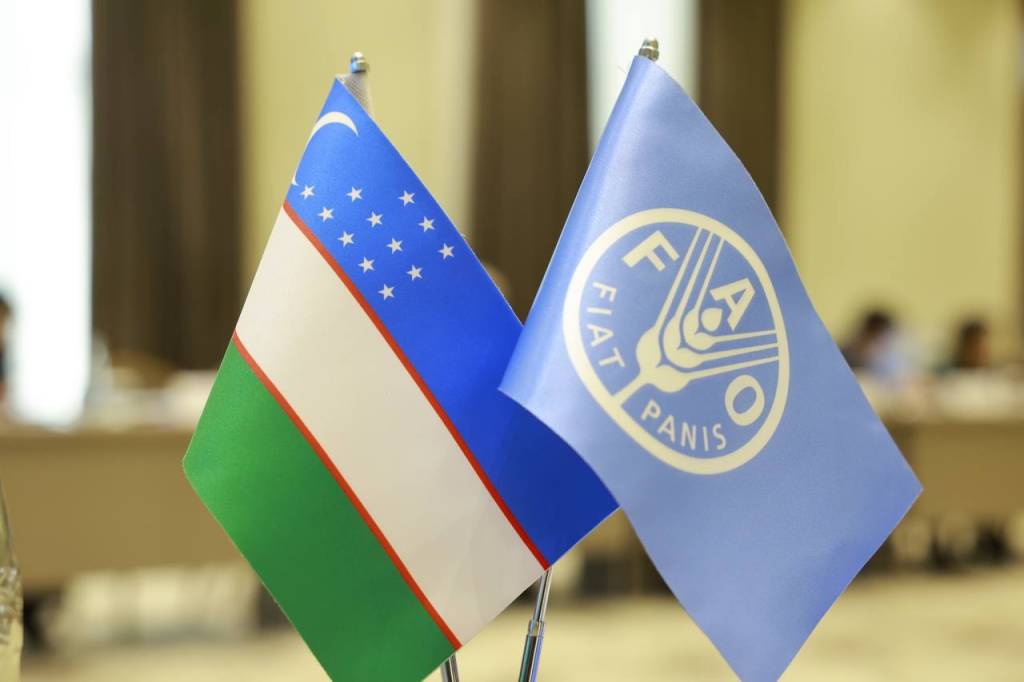
Gender equality is a cornerstone of the UN’s 2030 Agenda for Sustainable Development and is recognized as essential for fostering inclusive and sustainable growth. It is pivotal in eliminating poverty, reducing inequalities, and enhancing social prosperity.
In alignment with these priorities, the Food and Agriculture Organization of the United Nations (FAO) actively collaborates with Member States to develop and implement strategies for advancing gender equality, particularly in the agricultural sector, where women make up a significant portion of the workforce.
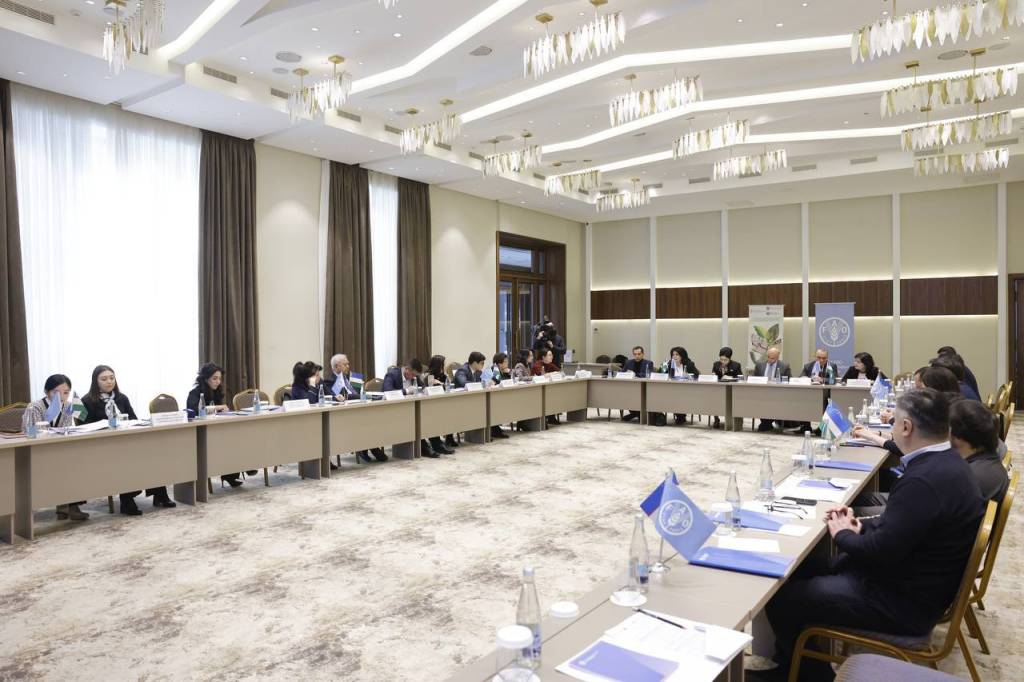
In Uzbekistan, FAO is working in partnership with the Ministry of Agriculture and the Ministry of Ecology, Environmental Protection, and Climate Change to implement the project titled “Sustainable Management of Forests and Rangelands in Dryland Ecosystems of Uzbekistan”.
This initiative has led to the creation of a draft Strategy for integrating gender approaches into agricultural development, guided by the principle of “Leaving No One Behind”. To finalize and operationalize this strategy, a seminar was convened in Tashkent, bringing together representatives from government agencies, academia, and gender equality experts.
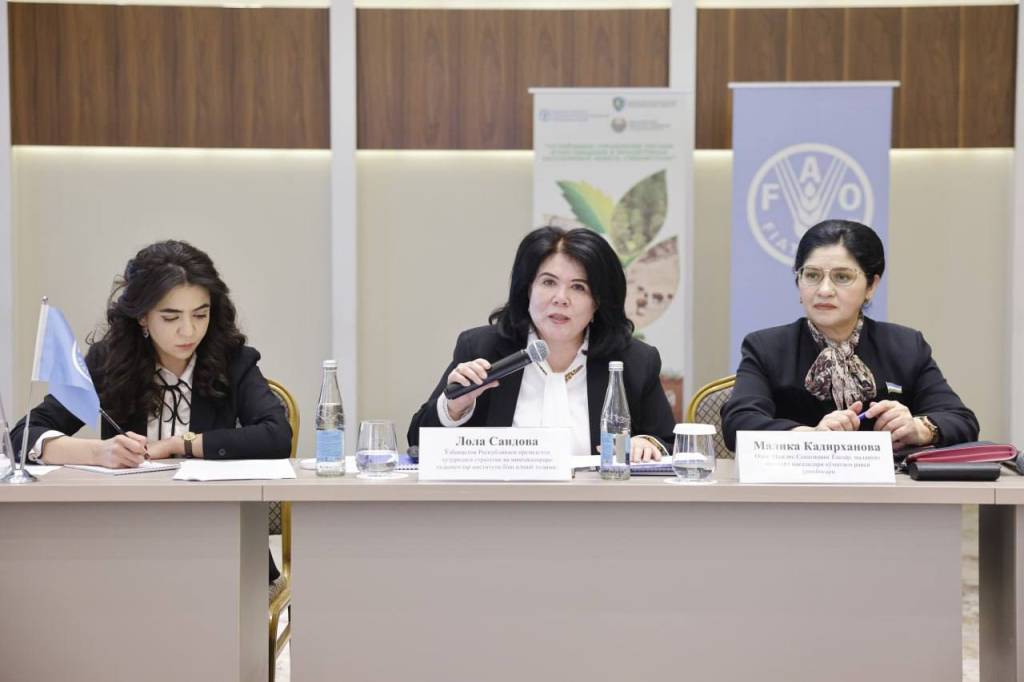
The seminar served as a platform for constructive dialogue, knowledge exchange, and collaborative identification of actionable steps to adopt the strategy. The proposed gender strategy focuses on ensuring equal opportunities, enhancing women’s participation in decision-making, and promoting sustainable agricultural resource management. Emphasis is placed on establishing mechanisms to dismantle gender barriers and provide equitable access to resources, financing, and educational opportunities.
“In 2021, the Senate of the Oliy Majlis approved a gender strategy that required every ministry and organization to develop its own framework. Why is a gender strategy particularly important in agriculture? Today, over 48 percent of Uzbekistan’s population resides in rural areas, and more than half are women. Despite the harsh conditions of rural life, women play a vital role in ensuring the availability of environmentally friendly products. This gender strategy includes measures to enhance job quality for women and improve their financial and legal literacy”, said Malika Kadirkhanova, a member of the Senate of the Oliy Majlis of Uzbekistan.
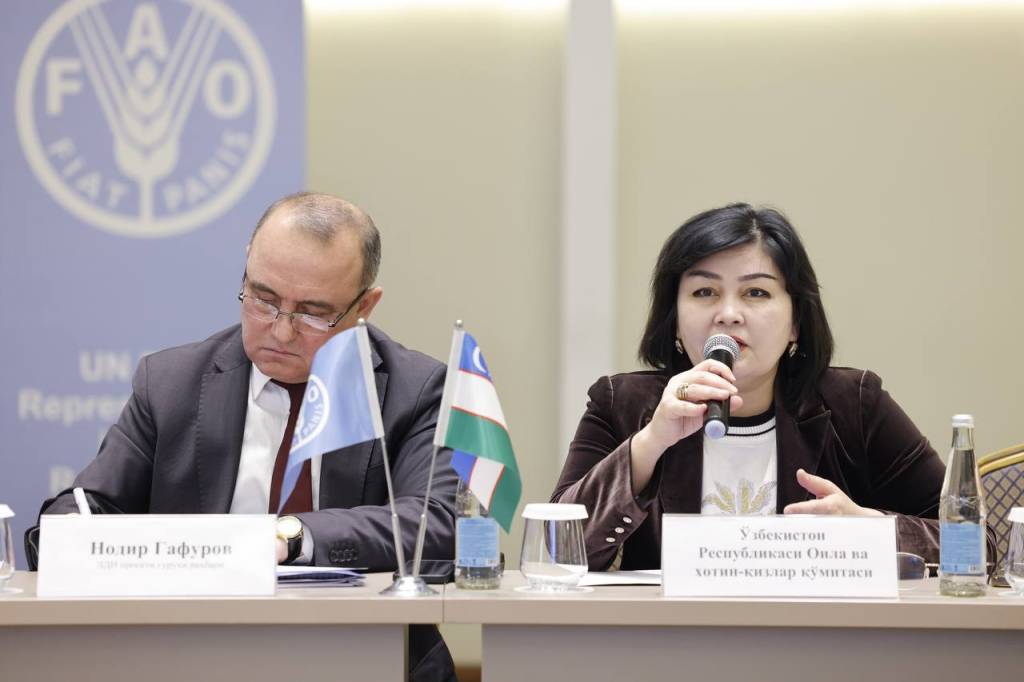
The draft Strategy was developed with input from leading national and international experts, including specialists from FAO’s Regional Office for Europe and Central Asia.
“Sustainable development cannot be achieved without addressing gender issues. Women are integral to agriculture, often managing livestock, harvesting crops, and cultivating land. Yet, their rights and opportunities are frequently constrained. Strengthening land ownership rights, particularly on pastures, must ensure equitable resource access for both women and men”, emphasized Nariman Nishanov, Chief Technical Advisor of the FAO project.
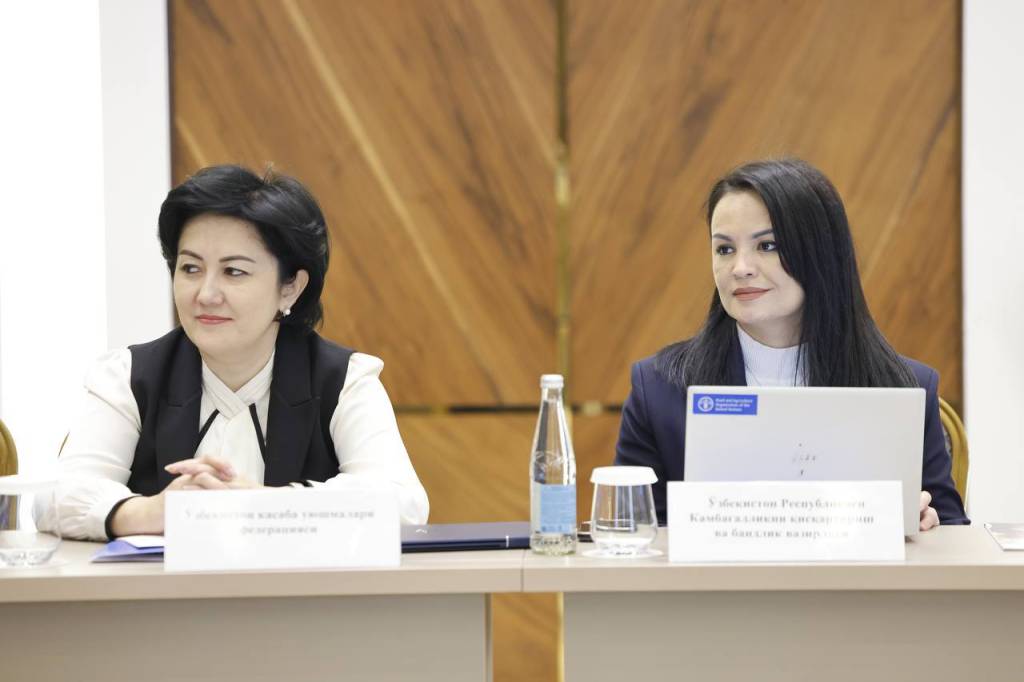
Additionally, the seminar featured discussions on landowners’ rights, the impact of land degradation neutrality (LDN) indicators, and factors such as soil erosion, salinization, and soil organic carbon (SOC) depletion. Presentations highlighted research findings on sustainable pasture use, advanced monitoring techniques, and digitalization initiatives to modernize pasture management in Uzbekistan.
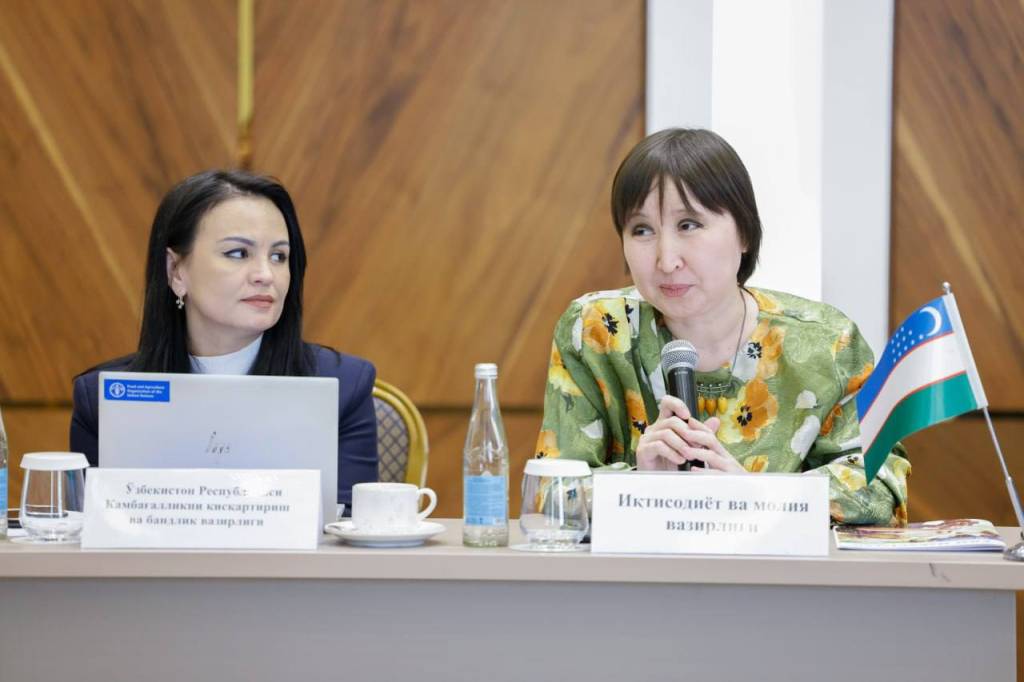
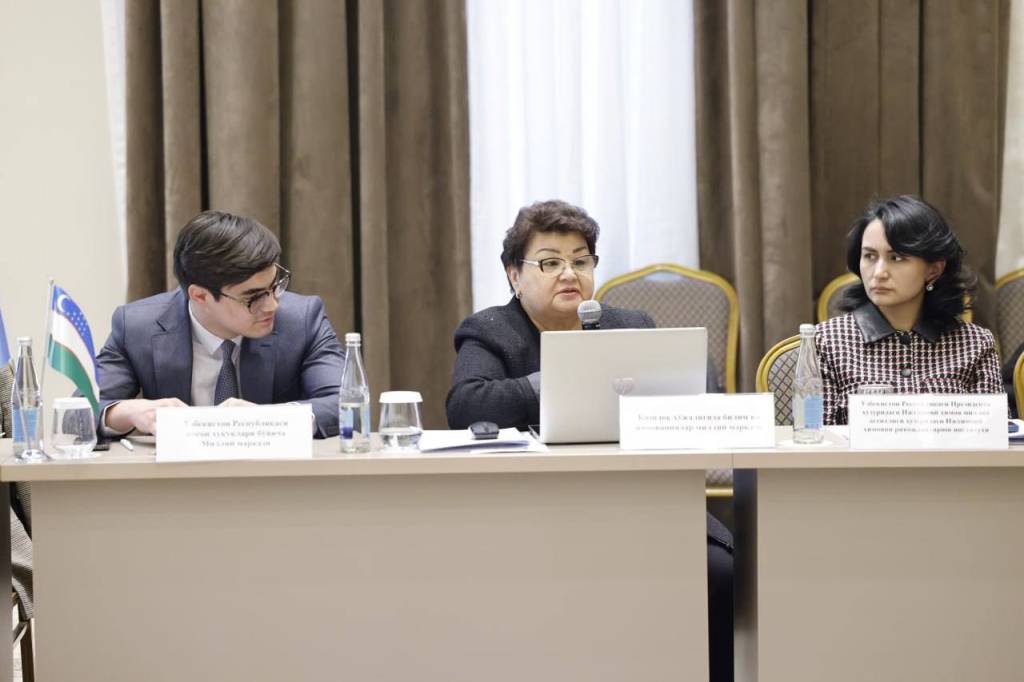
Bekhruz Khudoyberdiyev, UzA








